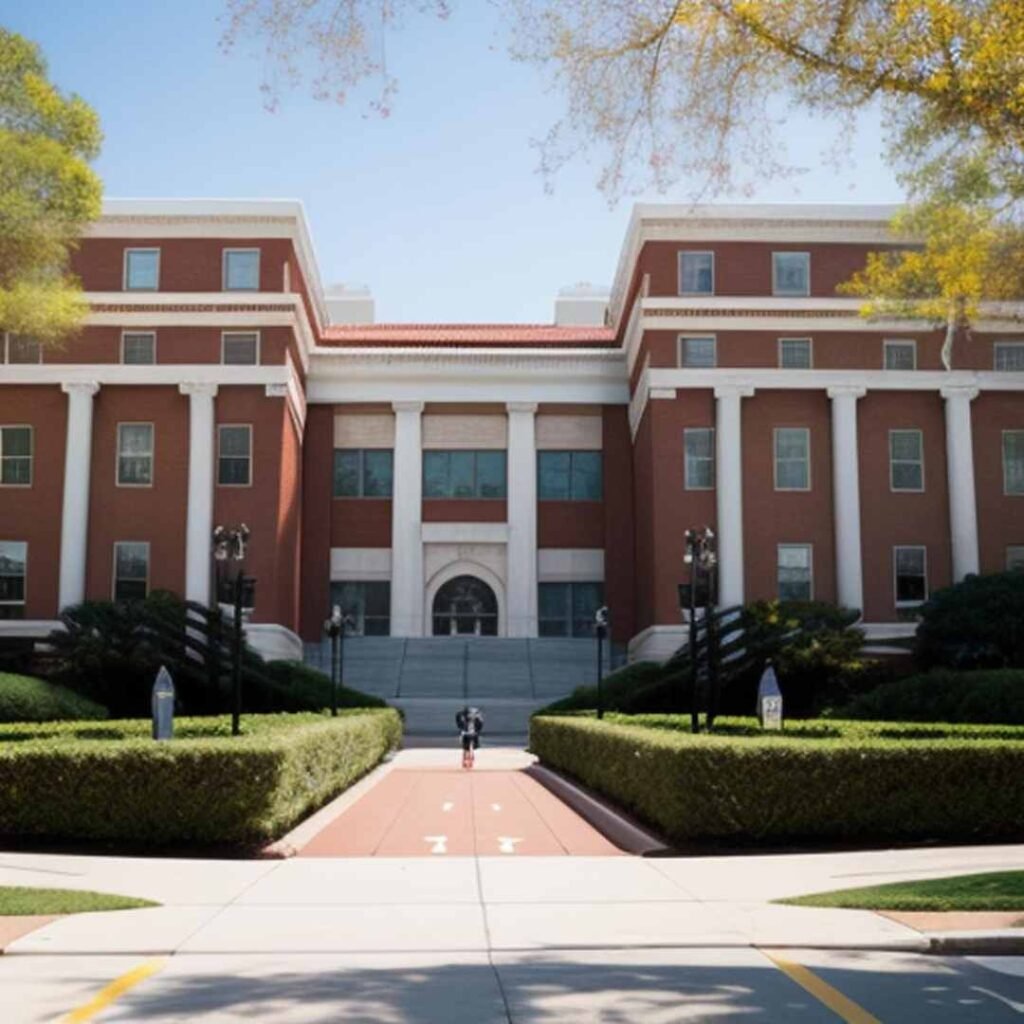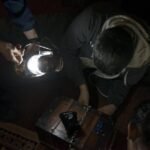Understanding the C.W. Park USC Lawsuit
The C.W. Park USC lawsuit has garnered much interest in legal circles. At its center, this criminal battle revolves around allegations of misconduct, discrimination, or other legal infractions concerning events associated with the University of Southern California (USC). Here, we delve into this contentious lawsuit, highlighting its origins, key gamers, and ability implications.
Origins of the Lawsuit
The origins of the C.W. Park USC lawsuit trace back to [insert year or event], when preliminary grievances or issues surfaced. These issues escalated through the years, leading to the formal lawsuit filing. Examining the specific incidents or instances that induced felony movement is crucial, as they offer an essential context for understanding the case’s intricacies.
Key Players Involved
In the C.W. Park USC lawsuit, the key players embody numerous individuals and entities. Each contributes to the unfolding prison drama. At the vanguard are the plaintiffs, including C.W. Park and probably others. Who has brought forth grievances towards USC or associated parties? These plaintiffs were represented using their felony suggestion. They are instrumental in offering their case, imparting proof, and advocating for their rights within the court. On the opposing side stand the defendants, which may include USC representatives, college participants, directors, or different people implicated in the allegations. Their prison crew is tasked with mounting protection, challenging the plaintiffs’ claims, and safeguarding the interests of their customers. Other key players, including witnesses, experts, and mediators, may also play pivotal roles in shaping the lawsuit’s narrative and eventual final results, imparting precious testimony, insights, or resolution strategies.
Amidst the prison complaints, the involvement of USC as an organization cannot be understated. As the defendant in this lawsuit, USC’s moves, regulations, and organizational lifestyle are under scrutiny, with capacity implications extending beyond the court docket. University directors, trustees, and criminal representatives are tasked with navigating the complexities of the litigation, safeguarding USC’s pastimes, and addressing any systemic issues that can come to light. Furthermore, the broader instructional community, alums, college students, and the general public are also stakeholders in this felony conflict, as its final results might also influence perceptions of educational integrity, institutional duty, and social justice within the better training landscape. As the case unfolds, the jobs and interactions of those key players will form the narrative and decide the eventual decision of the C.W. Park USC lawsuit.
What are the vital allegations in the C.W. Park USC lawsuit?
The principal allegations in the C.W. Park USC lawsuit probably revolve around claims of misconduct, discrimination, or different felony violations. These allegations should encompass various components, including business harassment, educational impropriety, monetary irregularities, or breaches of contractual agreements. The specifics of those allegations may become more apparent as the legal complaints spread.
Who is C.W. Park, and what is their connection to USC?
C.W. Park may perform a pivotal position within the lawsuit because their call is associated with it. Understanding Park’s historical past, affiliations, and involvement with USC is vital for contextualizing the allegations and motivations behind the felony movement. Park’s expert records, positions held at USC, and any previous interactions with other events involved may want to shed light on their angle within the lawsuit.
What are the capability implications of the lawsuit for USC?
The C.W. Park USC lawsuit has sizeable implications for the university, extending past financial or prison ramifications. USC’s popularity, institutional integrity, and future operations may be at stake depending on the nature and outcome of the allegations. Moreover, the lawsuit may prompt USC to reassess its policies, practices, and organizational lifestyle to prevent comparable problems from arising in the future.
Conclusion
In conclusion, the C.W. Park USC lawsuit represents a complicated legal saga with far-attaining implications. By examining its origins, key gamers, and crucial allegations, we gain precious insights into the intricacies of this criminal conflict. Moreover, addressing often-asked questions enables demystifying the case and offering readability to those looking to apprehend its nuances. As the lawsuit progresses, how it’ll shape the landscape of higher education and prison discourse in the long run remains to be visible.
Read also: SSIS 816: What You Need To Know











